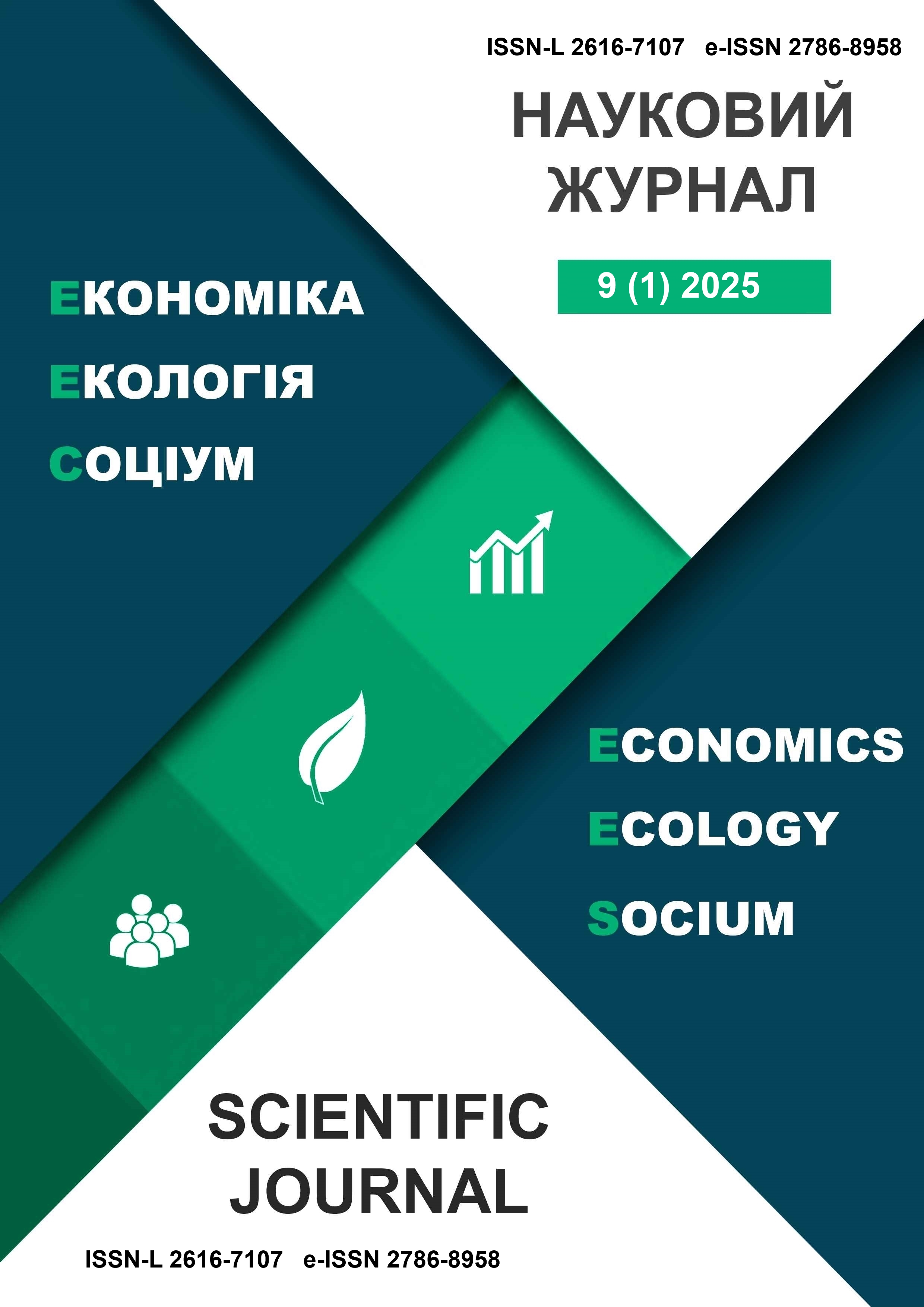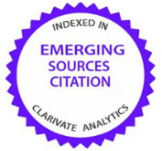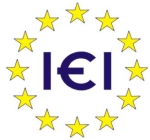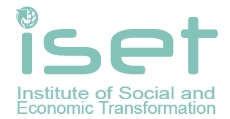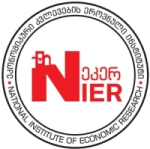Marketing and Controlling in Strategic Forecasting of Innovative Industrial Development
Abstract
Introduction. Outlining the strategic vision of alternatives regarding the innovation development of industrial enterprises implies a multifunctional load on marketing and controlling support systems aimed at increasing the effectiveness of managerial influence to ensure the long-term sustainability and competitiveness of enterprises. Marketing and controlling support decision-making in developing the innovation potential of industrial enterprises to ensure their competitiveness in recovering and strengthening the national economy.
Aim and tasks. This study aims to develop and substantiate approaches to strategic forecasting regarding the innovation development of industrial enterprises in marketing and controlling support to modernise and accelerate national economy recovery.
Results. The study uses an economic and mathematical model to forecast industrial competitiveness by adjusting key innovation potential components. The model reveals that innovation potential depends significantly on prior investments in innovation made in the previous period, which requires sound management decisions regarding the choice of strategic alternatives for innovation development based on marketing and controlling support. An analysis of the forecasted competitiveness of industrial enterprises in 2023-2024 shows that innovative potential has the most significant impact on competitiveness, with R3 parameter equal to 0.5472, which exceeds the value of R2 parameter of 0.1180 for the competitiveness in the previous period. The proposed ADL model with fixed effects for panel data confirms the dependence of industrial competitiveness on innovation. In particular, a conditional increase in innovation potential of 10% leads to a 5.4% increase in the competitiveness of industrial enterprises during the forecast period.
Conclusions. Creating a marketing support system for the innovation development of industrial enterprises contributes to the adaptation of industrial enterprises to conditions of rapid technological processes within the industrial paradigm and enhances resilience to external challenges. Controlling makes it possible to optimise processes and increase the efficiency of management decisions to achieve innovation development’s strategic goals and accelerate industrial enterprises’ competitiveness. Analysing strategic alternatives for innovation development based on marketing and controlling enabled the formulation of strategies to increase industrial enterprises’ development innovativeness and effectiveness.
Keywords:
controlling, industrial enterprises, innovation development, marketing, strategic forecasting.References
Cabinet of Ministers of Ukraine. (2019). On the approval of the strategy for the development of the innovation activity sector for the period until 2030 (Order № 526). https://zakon.rada.gov.ua/laws/show/526-2019-р#Text
Cabinet of Ministers of Ukraine. (2021). On the approval of the national economic strategy for the period until 2030 (Resolution № 179). https://zakon.rada.gov.ua/laws/show/179-2021-п
Corbo, L., Kraus, S., Vlačić, B., Dabić, M., Caputo, A., & Pellegrini, M. M. (2023). Coopetition and innovation: A review and research agenda. Technovation, 122(102624), 102624. https://doi.org/10.1016/j.technovation.2022.102624
Davidson, J. E. H., Hendry, D. F., Srba, F., & Yeo, S. (1978). Econometric modelling of the aggregate time-series relationship between consumers' expenditure and income in the United Kingdom. Economic Journal, 88, 661–692.
Duus, H. J. (2013). Strategic forecasting: theoretical development and strategic practice. International Journal of Business Innovation and Research, 7(3), 362. https://doi.org/10.1504/ijbir.2013.053636
Epo, B. N., Tapche Ndam, Y. F., & Abiala, A. M. (2024). Knowledge economy and financial development in developing countries: Evidence from a panel autoregressive distributed-lag (ARDL) approach. Journal of the Knowledge Economy, 15(4), 18412–18466. https://doi.org/10.1007/s13132-024-01768-5
Ghobakhloo, M., Iranmanesh, M., Grybauskas, A., Vilkas, M., & Petraitė, M. (2021). Industry 4.0, innovation, and sustainable development: A systematic review and a roadmap to sustainable innovation. Business Strategy and the Environment, 30(8), 4237–4257. https://doi.org/10.1002/bse.2867
Gonchar, M., Hrybyk, I., Gonchar, S., Smolinska, N., & Havran, V. (2024). State regulation of investments in innovative development of industry to strengthen financial security in the context of Industry 4.0. Financial and Credit Activity: Problems of Theory and Practice, 1(54), 379–391.
Hajdú, N. (2013). Strategic and operative marketing controlling: Theory, methodology, practice. Review of Business and Management, 9(1), 23–30. https://ojs.uni-miskolc.hu/index.php/tmp/article/view/1439
Kharkiv Regional Administration. (2024). Updating the development strategy of Kharkiv region until 2027. https://fb.watch/xjIVyRkKFg/
Kuzmynchuk, N., Fedorenko, I., Kutsenko, T., & Aloshyn, S. (2024). Management and controlling of processes in the field of energy saving on the basis of Industry 4.0. IOP Conference Series: Earth and Environmental Science, 1429(1), 012022. https://doi.org/10.1088/1755-1315/1429/1/012022
O’Dwyer, M., Gilmore, A., & Carson, D. (2009). Innovative marketing in SMEs: an empirical study. Journal of Strategic Marketing, 17(5), 383–396. https://doi.org/10.1080/09652540903216221
Prajogo, D. I. (2016). The strategic fit between innovation strategies and business environment in delivering business performance. International Journal of Production Economics, 171, 241–249. https://doi.org/10.1016/j.ijpe.2015.07.037
President of Ukraine. (2024). Plan of internal resilience of the President of Ukraine. https://president.gov.ua/news/volodimir-zelenskij-predstaviv-plan-vnutrishniyi-stijkosti-u-94505
Qamruzzaman, M., & Wei, J. (2018). Financial Innovation, Stock Market Development, and Economic Growth: An Application of ARDL Model. International Journal of Financial Studies, 6(3), 69. https://doi.org/10.3390/ijfs6030069
Shilova, O. Y. (2012). Innovative potential of the enterprise: Essence and management mechanism. Marketing and Management of Innovations, (1), 220–227.
Vnukova, N., Tyshchenko, V., & Ostapenko, V. (2024). The innovativeness of technologies of Industry 4.0 in the modern mining environment. IOP Conference Series: Earth and Environmental Science, 1348, 012015. https://doi.org/10.1088/1755-1315/1348/1/012015
If the article is accepted for publication in the journal «Economics. Ecology. Socium» the author must sign an agreementon transfer of copyright. The agreement is sent to the postal (original) or e-mail address (scanned copy) of the journal editions.
